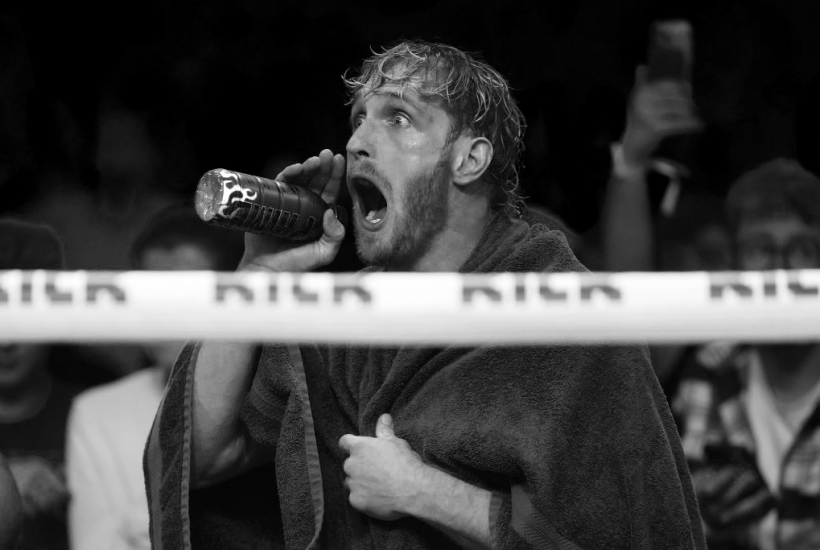Walid Sharks is taking a nasty beating at the AO Arena in Manchester. It’s the second round of his fight against ‘Deen the Great’, and he has just been knocked down by a punch to the face. ‘His eyes are rolling right now,’ says a commentator. ‘He doesn’t know where he is!’ But Sharks doesn’t mind: he’s fighting before a sell-out crowd, with a million people livestreaming at home, and they’ll all be loving the drama.
Already a subscriber? Log in
Subscribe for just $2 a week
Try a month of The Spectator Australia absolutely free and without commitment. Not only that but – if you choose to continue – you’ll pay just $2 a week for your first year.
- Unlimited access to spectator.com.au and app
- The weekly edition on the Spectator Australia app
- Spectator podcasts and newsletters
- Full access to spectator.co.uk
Or




















Comments
Don't miss out
Join the conversation with other Spectator Australia readers. Subscribe to leave a comment.
SUBSCRIBEAlready a subscriber? Log in